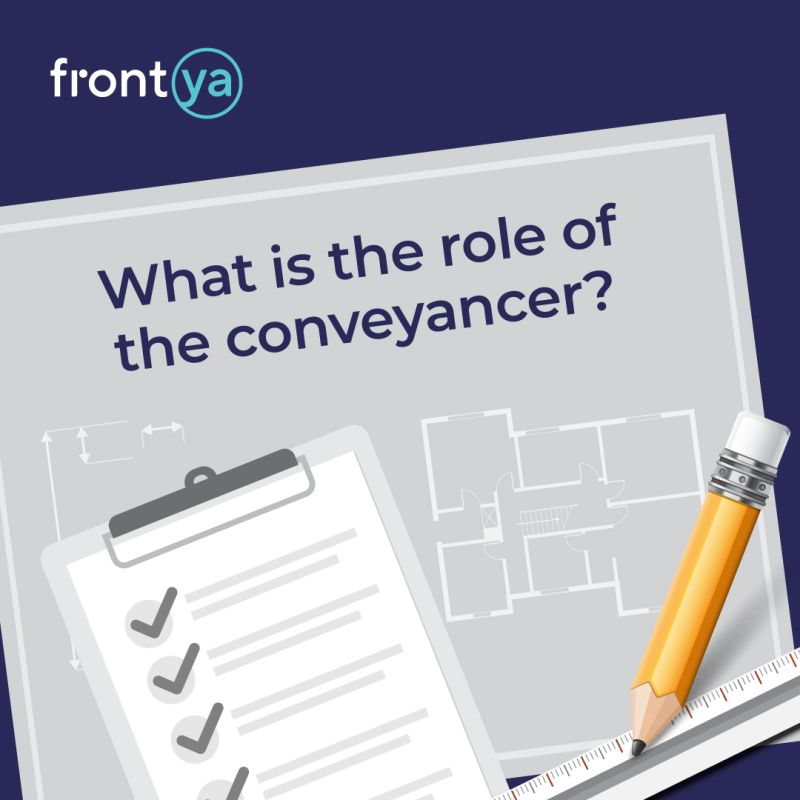Conveyancer - The Facts
Conveyancer - The Facts
Blog Article
Conveyancer Fundamentals Explained
Table of ContentsThe Buzz on ConveyancerConveyancer for BeginnersGetting My Conveyancer To WorkThe Buzz on Conveyancer4 Simple Techniques For Conveyancer
This involves sending a transfer deed to the Land Computer registry. It ensures the purchaser's name is signed up as the new proprietor. Communicating with the Land Pc registry, a federal government division, updates the public document with the building's newest owner. The customer's lawyer handles the stamp duty land tax obligation after ownership transfer.It's payable to HM Revenue & Traditions. Purchasers need to pay this quickly, normally within 2 week of conclusion, to stay clear of penalties. Residential property purchases featured costs, and conveyancing is no exception. Conveyancing costs cover 2 main locations: the conveyancer's cost and dispensations. The conveyancer's charge is for the legal work of transferring home.
Taken care of charge conveyancing charges an established price for conveyancing work. No Sale No Charge conveyancing ('NSNF') charges just if the deal is successful.
Choosing a specialist is crucial to a smooth property acquisition. For a conveyancer search, ask pals or household that've bought building. Estate representatives might likewise advise conveyancers.
Little Known Facts About Conveyancer.
While both conveyancing solicitors and qualified conveyancers are greater than capable of handling the entire buying and offering procedure, if there are any kind of other lawful factors that need to be resolved during the purchase (such as just how you leave home in your Will), a conveyancing solicitor may be a better choice.

However, you should recognize that usually conveyancers pay referral charges to the representatives for intro of a new client (Conveyancer). Given that the estate representative obtains an economic benefit if you select their conveyancer, you ought to take into consideration all of your options and visit several conveyancer and contrast their costs and evaluations
Inquire about their local residential or commercial property experience, costs, and the expected conveyancing timeline. Confirm their get in touch with details for very easy interaction. You might have heard the term 'self-conveyancing'. While technically possible, the procedure carries risks and obstacles. It is feasible to do your very own conveyancing. Absolutely nothing lawfully restricts buyers and click over here vendors from working as their own conveyancer.
Conveyancer - Questions
Nonetheless, conveyancing entails numerous legal terms and intricate processes. Taking this on without expert training subjects you to prospective risks. One oversight can jeopardise your home rights. Falling short to find a problem in the title deeds can lead to a loss of possession. Errors in the paperwork can trigger disputes with your home mortgage provider or postpone your relocation.
A conveyancer has the knowledge to handle complexities, guaranteeing a smoother process. A conveyancer assists when you're offering. A conveyancer helps in the prep work of lawful records essential for the residential property sale. These records consist of title acts, property information types, and components and fittings listings. Preparing the sale agreement is another task, outlining terms of sale, home rate, limits, and legal rights of way.

Conveyancer Fundamentals Explained
This post will explain the relevance of the function and the different sorts of expert conveyancers.

Conveyancers should adhere to legal procedures when preparing and refining papers for the transfer of residential property from someone to an additional. A conveyancer can just act upon behalf of both events in specific scenarios - as an example, if both events are associated or they are in service partnership together. Yet a conveyancer needs to not represent both you could check here parties if they have a dispute of interest in relation to the have a peek at this website deal.
Conveyancing organizations have to have specialist indemnity insurance policy. You require to show evidence of the insurance when you renew your registration each year - for example, a copy of the insurance policy certificate.
All About Conveyancer
Conveyancing is the lawful process whereby the authorized possession of a stationary property is gotten. Essentially, a new act of transfer is formulated by a conveyancer and lodged at the acts workplace. In this short article, we will certainly take a look at every little thing you require to recognize about conveyancing. A conveyancer is a lawyer that has specialised (and qualified) in the preparation of acts papers which by law are registrable in the Deeds Computer registry.

A conveyancer is primarily the transfer lawyer of a building, a bond attorney taking care of a new bond registration, or a termination attorney taking care of the cancellation of existing bond(s). The conveyancer gets all the legal paperwork in order to be able to file with the Deeds Workplace. When you purchase a home, the seller will assign a conveyancer who will certainly submit with the Deeds Workplace to obtain the building moved to your name.
Report this page